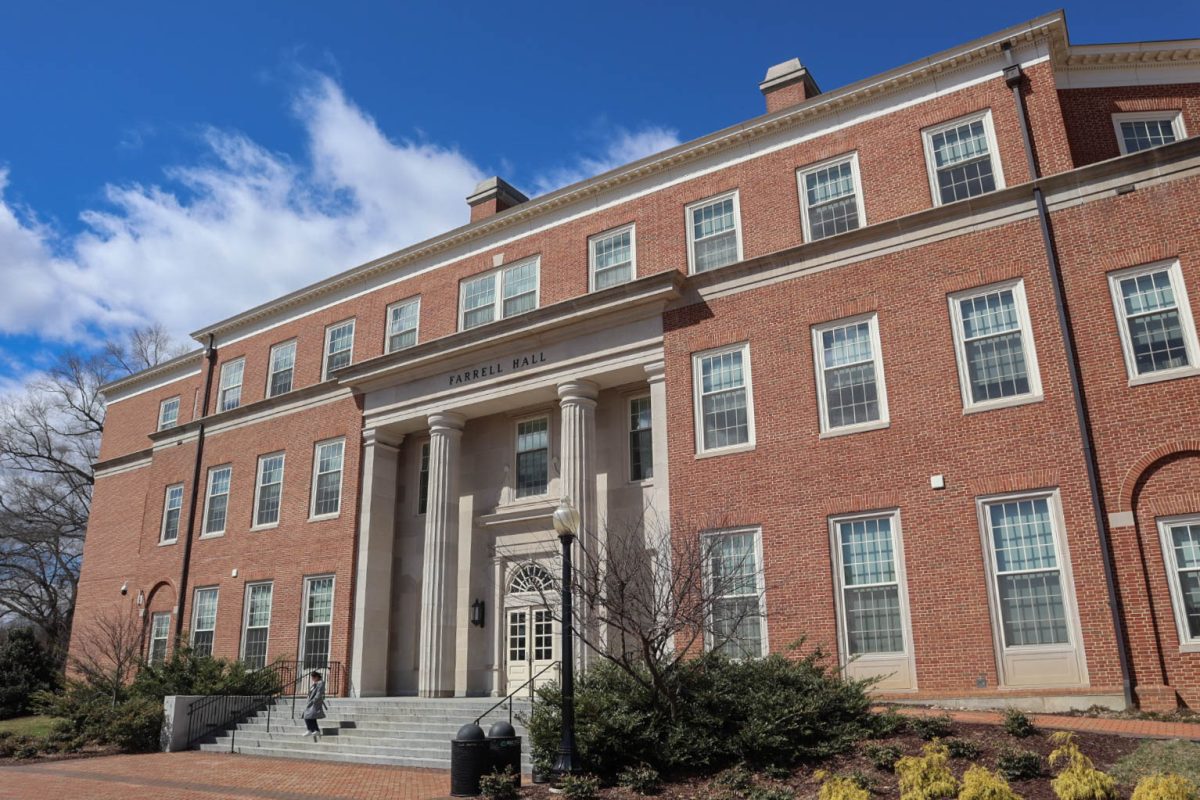Wake Forest has made significant steps towards becoming an environmentally sustainable campus.
The campus-wide recycling program has made a large impact on reducing the amount of landfill waste that is being produced by the Wake Forest community, Farrell Hall has recently been awarded a LEED Gold certification and the bike-share program has encouraged students and faculty to choose more environmentally friendly ways of getting around on campus.
But of course, there is always room for improvement. While Campus Garden has been leading the way, one improvement that could be made is the inclusion of a large-scale composting program on campus.
The availability of a composting program would provide many benefits both inside and out of the Wake Forest community.
Most of the food waste generated on the Wake Forest campus generally ends up in a landfill. This is problematic because not only are the food and its nutrients wasted by decomposing in an enclosed pit, the anaerobic decomposition of organic matter in landfills produces methane — a potent greenhouse gas.
By starting with a relatively simple solution, such as placing compost bins in Benson, Zick’s, New Pit and Old Pit, we can divert a large amount of Wake Forest’s post-consumer food waste from landfills towards people and organizations that would be able to reutilize the food.
Some potential recipients could include Campus Garden, who could have a new source for their compost pile, or Wake Forest could partner with local farms to outsource the food waste. This could serve as a way for Wake Forest to not only reduce its own environmental footprint but to also make greater connections with the Winston-Salem community.
But creating a stronger presence with organizations in the Winston-Salem community is not the only effect Wake Forest’s composting program could have.Wake Forest could also directly impact the Winston-Salem area by serving as a model for a large-scale composting program.
Large-scale composting programs are already in effect in cities like San Francisco, Calif., and Portland, Ore., but a smaller city like Winton-Salem would need some kind of catalyst to encourage the implementation of such a program.
By serving as a model for a large-scale composting program, Wake Forest could generate awareness in Winston-Salem towards the benefits of implementing a compost program.
If Wake Forest were to start a campus-wide composting program, the positive environmental effects could be observed much farther than just on campus.
















